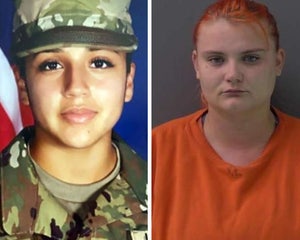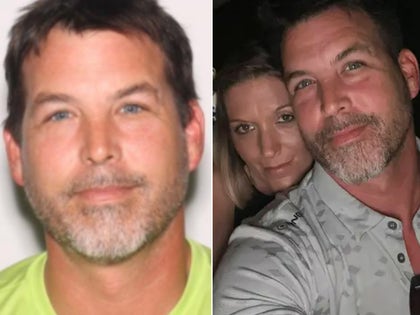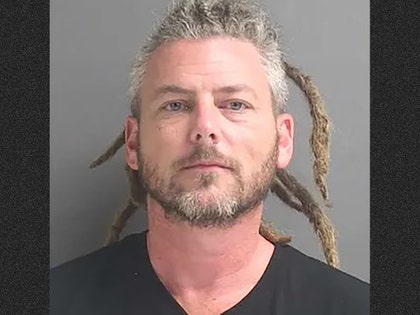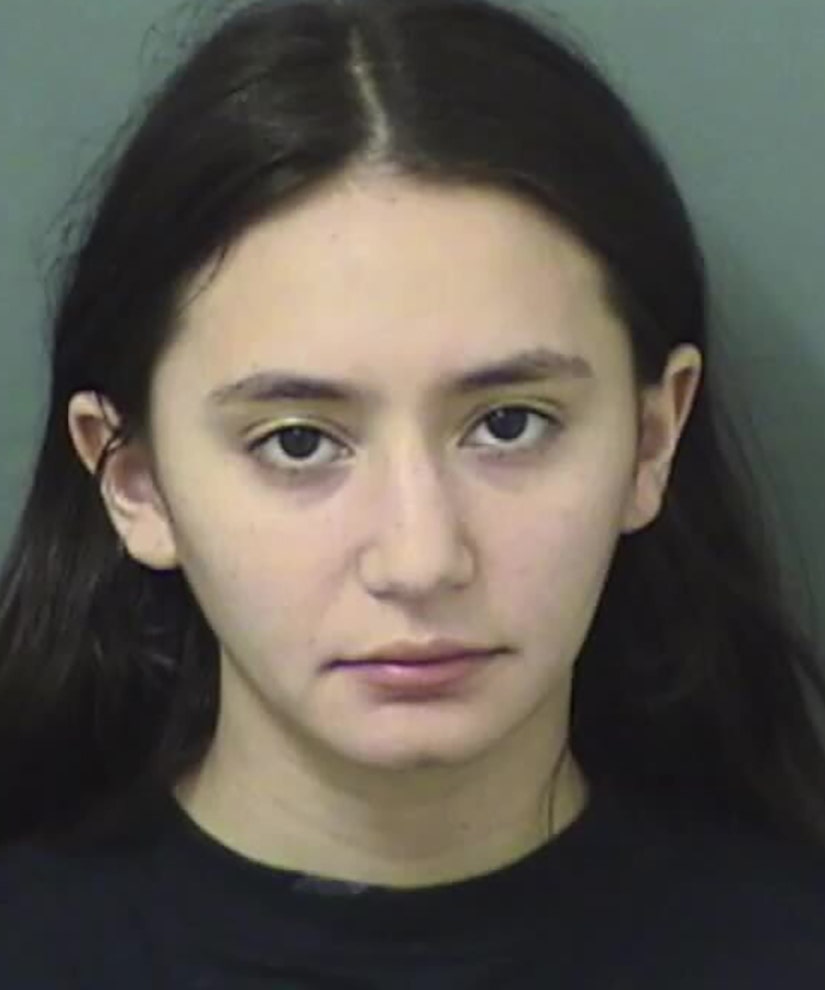 Facebook
Facebook
She told her school to f--k off — and she was perfectly entitled to.
The Supreme Court has ruled in favor of a cheerleader who stuck her finger up on Snapchat.
On Wednesday, the highest court in the land ruled that a Pennsylvania school had violated the First Amendment rights of 14-year-old Brandi Levy after it punished her for posting a vulgar message on the social media site.
Back in 2017 the Pennsylvania high schooler, frustrated at not making the varsity cheer squad, posted a salty message, with middle finger raised, for her 250 or so friends to see: "F--k school f--k softball f--k cheer f--k everything".
 Getty
Getty
Dionne Warwick Says Twitter CEO Jack Dorsey Wanted to Hire Her After She 'Changed the Tone' of His App
View StoryBut when another student showed a screengrab to her mother — a coach at the school — Levy was suspended from the team for a year.
Her parents appealed to the athletic director, principal, district superintendent and the school board, arguing she made the comments off campus, but the decision was upheld, and the teen was forced to sit out her entire sophomore year.
Brandi Levy did nothing wrong pic.twitter.com/NuQ19ZAOcR
— Chicken Farmer-san (@chicknfarmersan) June 23, 2021 @chicknfarmersan
But the Snap kicked off a debate on whether or not schools can punish students for what they say outside the gates that went all the way to the Supreme court, which on Wednesday made its decision: No they cannot... in certain circumstances.
 Bell County Jail/Facebook
Bell County Jail/Facebook
Woman Accused in Vanessa Guillen Murder Loses Bid to Toss Confession Because She Gave it Voluntarily
View StoryIn an 8-to-1 in favor ruling, the Supreme Justices upheld the previous decisions made by the federal district and appeals courts.
In their ruling, they decreed that there are some instances in which a school can punish a student for disruptive off-campus speech, such as bullying, harassment or threats of violence... but Levy's case was not one of them.
"It might be tempting to dismiss [Levy]'s words as unworthy of the robust First Amendment protections discussed herein," Justice Stephen G. Breyer wrote, per the Philadelphia Inquirer. "But sometimes it is necessary to protect the superfluous in order to preserve the necessary."
He added that "the school's interest in teaching good manners is not sufficient... to overcome [her] interest in free expression."
 AP
AP




















